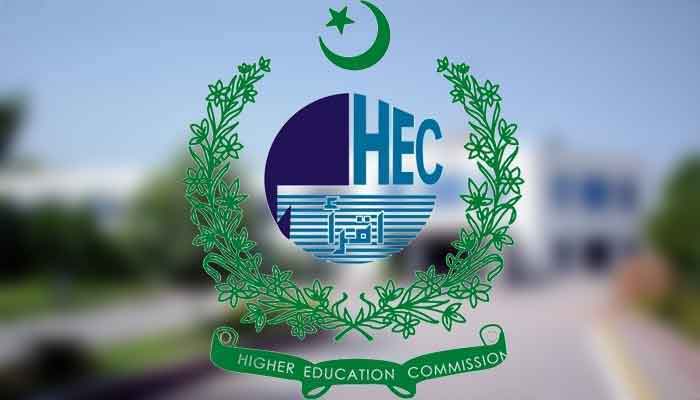Workers' Remittances and Children’s Education: The Case of Pakistan
Keywords:
Child education, school enrollment, households, remittances, educational attainmentAbstract
The study's goal is to discover how remittances affect Pakistani children's access to a quality education. To answer the issue, the paper analyzes data latest (2018-2019) version of the Pakistan Social Living Standard Measurement Survey (PSLM). The results of the logit and probit models show that remittance-receiving families are more likely than non-receiving families to have educated children. Furthermore, remittances show that changing the pattern of monthly transfer amount increases the chance of children enrolling in school by 0.15 percent. Furthermore, urban families have greater marginal impacts than rural families. Thus, there should be a balance where job possibilities for educated individuals are created within the nation. Low-skilled workers, on the other hand, are prepared to work abroad and support their home economies through remittances.
Downloads
Published
How to Cite
Issue
Section
License
Copyright (c) 2022 Journal of Contemporary Macroeconomic Issues

This work is licensed under a Creative Commons Attribution-ShareAlike 4.0 International License.







